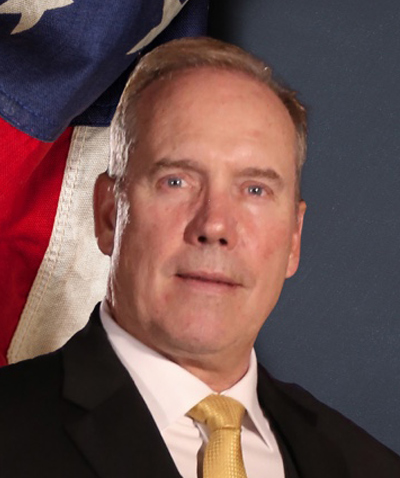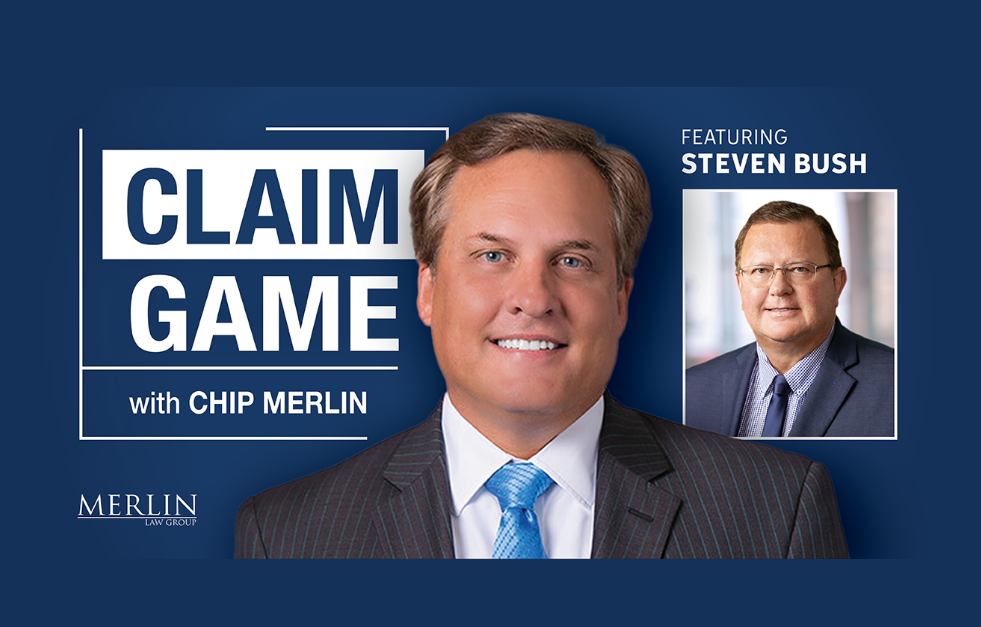Lawrence Mower wrote a Herald/Times article titled Regulators Were Warned Years Ago That Insurance Companies Were Altering Florida Claims.1 The article discusses how the American Policyholder’s Association provided this information and examples to Florida’s insurance regulators, but nothing happened. It stated in part:
The case, which came out in a civil lawsuit, was reported in 2021 to the state agency that investigates insurance fraud, the Department of Financial Services.
However, state investigators quickly dismissed the complaint without interviewing Buvens. A spokesperson for the head of the agency, Florida Chief Financial Officer Jimmy Patronis, said it was closed ‘due to lack of participation by witnesses.’ Yet, Buvens refuted that claim in repeated follow-up emails to his office.
Since then, at least seven other adjusters for insurance companies have come forward, stating that their reports were similarly manipulated to pay homeowners less than their claim estimates. Four have given sworn testimony in civil cases, which can be used in criminal court. Three others spoke during the Florida legislative session in December.
Patronis’ office has reopened Buvens’ case as part of a larger investigation into claims against United Property and Casualty, now insolvent.
The initial response from state regulators reflects how officials pursue complaints of fraud by policyholders and their advocates, but not complaints against insurance companies, said Doug Quinn, executive director of the American Policyholder Association. It was Quinn’s association that referred the case to Patronis’ office.
‘There appears to be no motivation to go after insurance companies,’ Quinn said.
With all the state and national media attention being given to Florida’s regulators refusing to do the job, there is finally an investigation going on. I have my doubts about whether these investigators have the skillsets and experience necessary to uncover all the dirt that many claims managers are demanding be accomplished by claims personnel, as discussed in Is Jimmy Patronis Investigating Insurance Company Wrongdoing Like Ray Charles Trying to Hit Major League Baseball Pitches?2
While these investigators may be well-meaning, it raises questions about their experience in conducting such investigations. Have they ever conducted an investigation into internal claims management directives? Do they have the knowledge to request, utilize, and interpret .ESX files, where much of the digital proof of fraud may exist?
We conduct similar types of investigations in bad faith cases. Investigating an insurance company for potentially fraudulent activities requires a systematic, detailed, and meticulous approach. The following steps should be employed in the investigation:
Review Company Records: Begin by examining the insurance company’s business and financial records related to claims. This entails deep scrutiny of various documents, including statements from claims management regarding their claims process initiatives and results, claims department financial and performance goals, claims files, internal emails and text messages, and customer correspondence and complaints.
Conduct Interviews: Interview current and former employees to gain insight into internal practices, culture, and possible wrongdoings. The same applies to policyholders, particularly those who believe they’ve been underpaid and filed complaints with the Department of Financial Services.
Digital Forensics: Utilize digital forensic experts to uncover any hidden or deleted electronic evidence. Insurance company claims managers are unlikely to openly discuss or voluntarily produce evidence of criminal conduct. Third-party experts should obtain and search digital evidence, including encrypted files or any digitally hidden evidence.
Expert Consultation: Engage insurance claims practice experts who can provide insights or context that might otherwise be missed. Their experience and knowledge can help highlight red flags that aren’t readily apparent. Hire an .ESX and Xactimate expert, as those are the files that have already been identified as being altered.
Ask for Whistleblowers and Public Cooperation: If illegal activity is suspected, it is crucial to collaborate with the public and others who have relevant information. For example, lawyers who have sued the insurance companies should be asked to volunteer information and leads of wrongdoing.
If the investigation is truly being conducted in good faith, the above minimal steps must be undertaken. The goal should be to establish proof of intentional and systemic wrongdoing rather than merely investigating the reported incidents thus far.
Doug Quinn and the American Policyholder’s Association have done a wonderful job drawing media attention to wrongful and fraudulent claims conduct by insurers against policyholders. Hopefully, insurance regulators will begin investigating insurance claims practices. Regulating and instilling fear in property insurance claims managers about the criminal ramifications of intentionally underpaying insurance benefits will help prevent these practices.
Thought for the Day:
Accountability breeds response-ability.
—Stephen Covey
1 Lawrence Mower. Florida regulators warned of insurance company manipulations years ago. Tampa Bay Times. May 24, 2023. Available online at: https://www.tampabay.com/news/florida-politics/2023/05/24/insurance-adjusters-hurricane-florida-upc-homeowners-property/
2 Is Jimmy Patronis Investigating Insurance Company Wrongdoing Like Ray Charles Trying to Hit Major League Baseball Pitches? Property Insurance Coverage Law Blog. May 1, 2023. Available online at: https://www.propertyinsurancecoveragelaw.com/2023/05/articles/consumer-protection/is-jimmy-patronis-investigating-insurance-company-wrongdoing-like-ray-charles-trying-to-hit-major-league-baseball-pitches/





